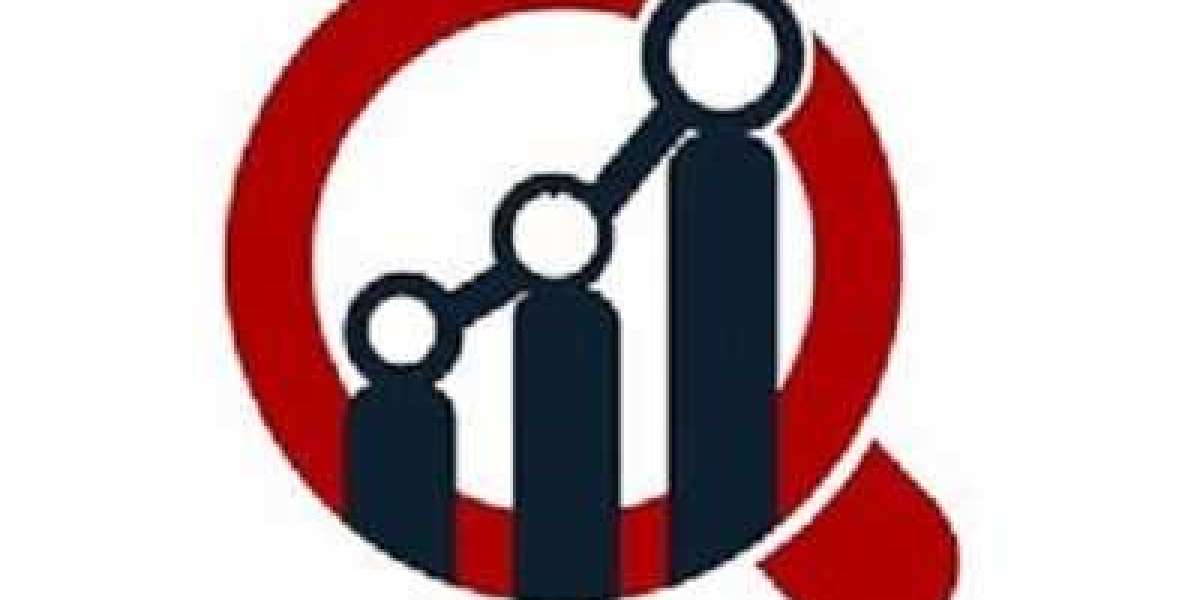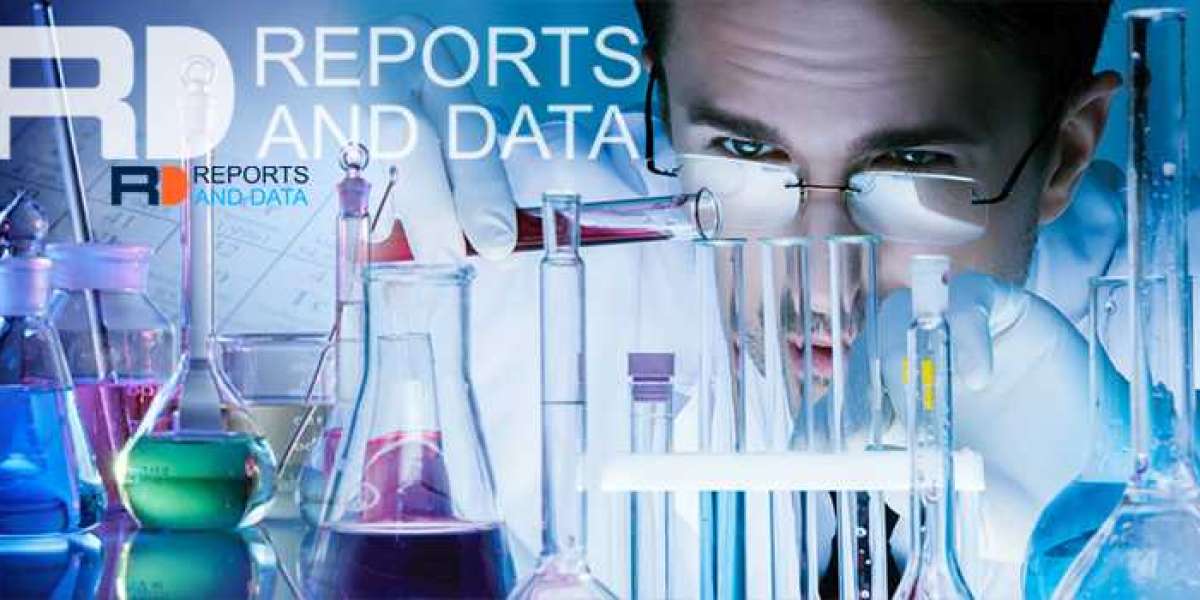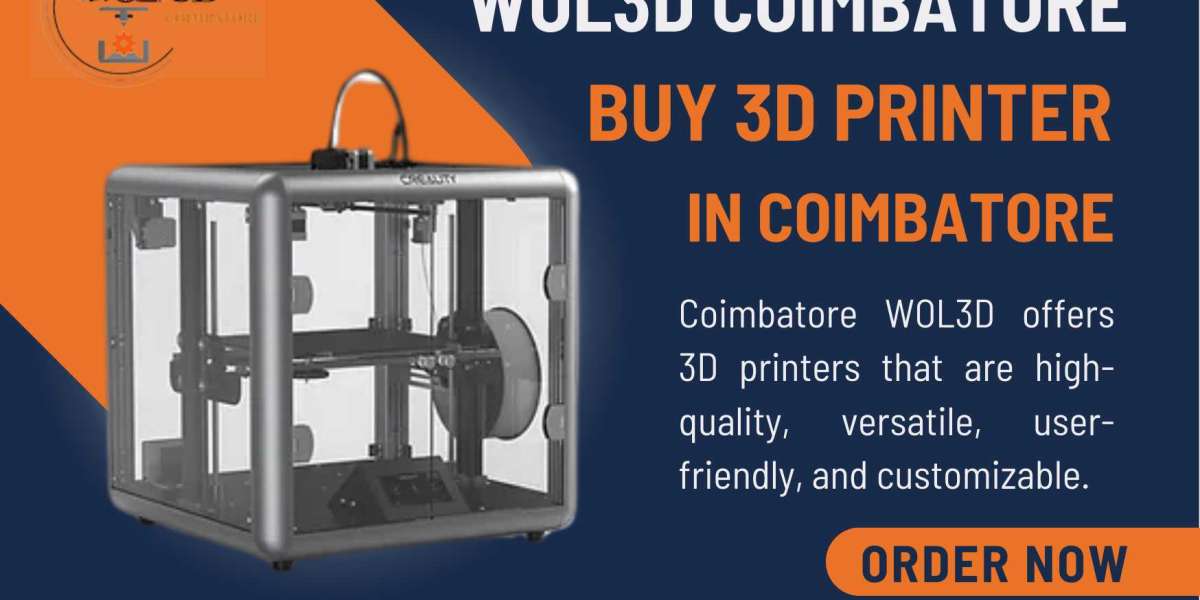In the intricate web of modern healthcare, accurate and efficient communication is vital. At the heart of this intricate system lies a silent hero - medical coding. While it might not be in the spotlight, medical coding plays a pivotal role in ensuring that healthcare providers are reimbursed correctly, patients receive the care they need, and medical data is accurately recorded for analysis and research.
What is Medical Coding?
Medical coding is the process of translating complex medical information into a universally recognized code format. These codes, typically alphanumeric, represent medical diagnoses, treatments, procedures, and services. The two primary coding systems in use today are the International Classification of Diseases (ICD) for diagnoses and Current Procedural Terminology (CPT) for procedures and services.
Accuracy Ensures Quality Healthcare
The importance of accurate medical coding cannot be overstated. A single incorrect code can lead to a cascade of issues. For healthcare providers, accurate coding ensures that they receive fair reimbursement for the services they provide. For patients, it means that their insurance claims are processed correctly, reducing the financial burden of medical expenses.
Moreover, precise coding facilitates better patient care. When a patient's medical history is accurately documented and easily accessible, healthcare professionals can make more informed decisions about diagnosis and treatment. This leads to improved patient outcomes and safety.
Data Analysis and Research
Medical coding extends beyond immediate patient care. The coded data is a treasure trove for researchers, public health officials, and policymakers. It helps in tracking disease trends, analyzing the effectiveness of treatments, and developing strategies for improving healthcare delivery.
Career Opportunities in Medical Coding
The demand for skilled medical coders is on the rise. With the growing complexity of healthcare systems and regulations, there's a need for professionals who can navigate the intricacies of medical coding. A career in medical coding offers stability, job security, and opportunities for advancement.
The Future of Medical Coding
As healthcare technology continues to evolve, so does medical coding. Electronic Health Records (EHRs) and Health Information Management (HIM) systems are becoming standard in healthcare facilities. These systems rely heavily on coded data for automation and analytics. This trend is expected to continue, making proficiency in medical coding even more valuable.
In conclusion, medical coding may not be the most visible aspect of healthcare, but it is undeniably one of the most crucial. It ensures that the wheels of healthcare keep turning smoothly, benefiting both providers and patients. As the healthcare landscape evolves, the role of medical coding will only become more integral, making it a promising and rewarding career choice for those willing to embark on this journey.








